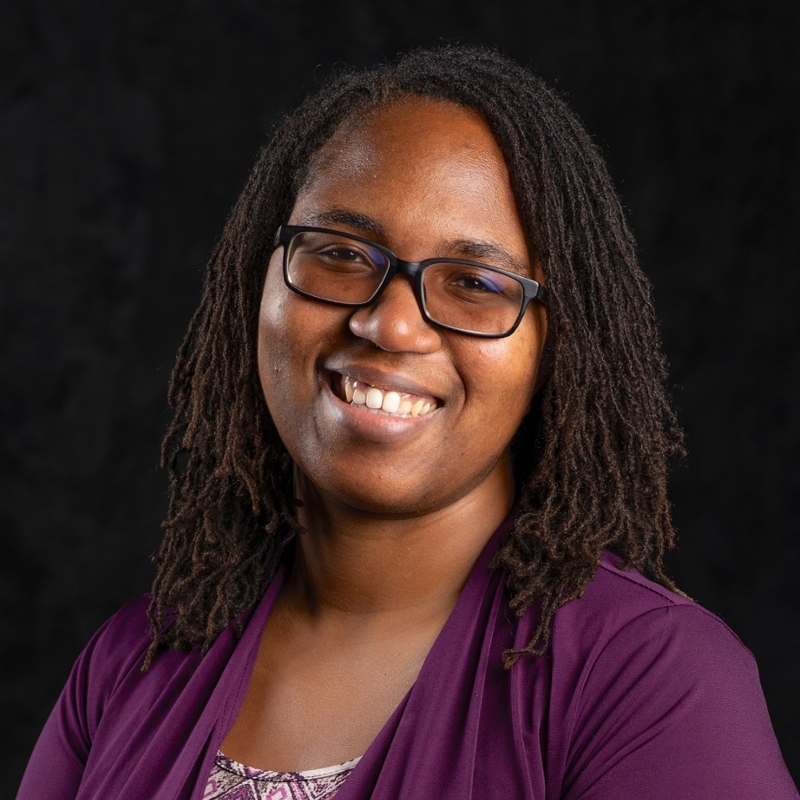The $16,000 grant that Dr. Jessica Kisunzu has been awarded will enable her to continue her study of carbon-based molecules and how bonds between atoms are formed and broken.
The assistant professor of organic chemistry learned in February that she’d received the two-year grant from Organic Syntheses Inc., which publishes procedures for preparing organic compounds. She’s one of 14 winners of this year’s summer research grants.
The funds will support her project, “Development of Photochemical Benzyne Reactions,” through research supplies and stipends for two student co-workers.
Her research group uses light-emitting diodes to initiate chemical reactions. Light can be cleaner, safer, and more environmentally friendly than other energy sources for this process. It can reduce the number of compounds and by-products that have to be purified out, which saves time, money, and resources.
“My research is currently focused on learning more about basic chemical reactivity, particularly with reactions that incorporate strained, high-energy compounds called arynes,” Kisunzu says. “Our goal is to develop reliable methods that use these strained molecules to expand their possible applications in areas such as drug or materials development.”
Photochemical reactions often can take place at room temperature, when a specific wavelength of light, for example in the ultraviolet range, illuminates molecules. If only one wavelength of light is used — such as that associated with a blue or green LED — the chemist can now limit the possible reactions because the light has a specific amount of energy.
“This can provide chemists with more control, as compared to using heat, which would instead cause a broader range of reactions,” she explains.
Kisunzu says that she appreciates the mission of Organic Syntheses Inc. and its journal Organic Syntheses to provide chemists with detailed procedures to do their work.
“Their support of our summer research program will help in the development of methods that will be of use to the broader community, and we look forward to being able to complete and publish the work,” she says.






